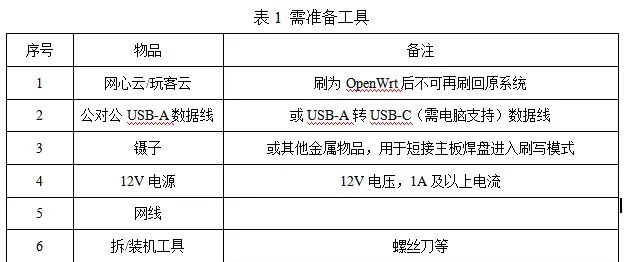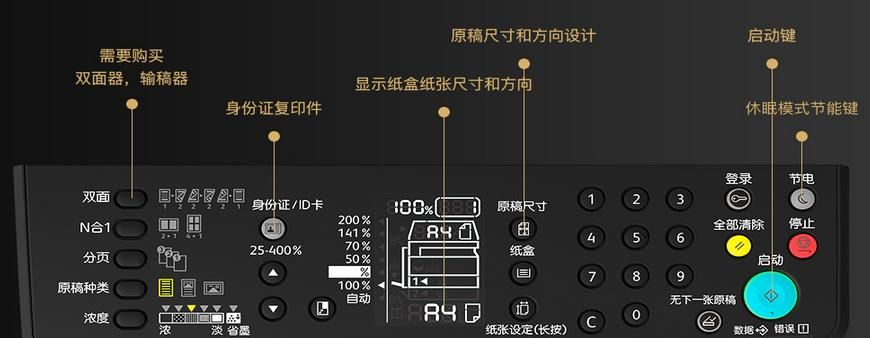使用 Python 和 Stable Diffusion 模型生成图像的代码示例,基于 `diffusers` 库实现:
### 环境准备
“`bash
pip install torch torchvision –extra-index-url https://download.pytorch.org/whl/cu117
pip install transformers diffusers accelerate
“`
### 代码示例
“`python
import torch
from diffusers import StableDiffusionPipeline
from PIL import Image
# 设置设备 (GPU/CPU)
device = “cuda” if torch.cuda.is_available() else “cpu”
# 加载预训练模型 (首次运行会自动下载模型)
model_id = “runwayml/stable-diffusion-v1-5”
pipe = StableDiffusionPipeline.from_pretrained(
model_id,
torch_dtype=torch.float16 if device == “cuda” else torch.float32
).to(device)
# 输入提示词
prompt = “A futuristic cityscape at sunset, cyberpunk style, 4k resolution”
# 生成图像
with torch.autocast(device):
images = pipe(
prompt,
num_inference_steps=50,
guidance_scale=7.5,
height=512,
width=512,
num_images=1
).images
# 保存结果
images[0].save(“generated_image.png”)
print(“Image generated successfully!”)
“`
### 参数说明
1. `prompt`: 描述生成图像的文本提示词(英文效果更好)
2. `num_inference_steps`: 生成步数(通常 30-50)
3. `guidance_scale`: 文本相关性控制(7-13 效果较好)
4. `height/width`: 生成图像尺寸(推荐 512×512 或 768×768)
### 其他实现方式
对于更简单的实现,可以使用 `diffusers` 的 DPMSolver 加速:
“`python
from diffusers import DPMSolverMultistepScheduler
pipe.scheduler = DPMSolverMultistepScheduler.from_config(pipe.scheduler.config)
images = pipe(prompt, num_inference_steps=25).images
“`
### 注意事项
1. 需要至少 8GB VRAM 的 GPU 才能流畅运行
2. 首次运行会自动下载约 5GB 的模型文件
3. 可通过修改 `model_id` 使用不同模型:
– “stabilityai/stable-diffusion-2-1”
– “prompthero/openjourney”
如果需要更轻量级的解决方案,可以使用基于 GAN 的架构(需要更多手动调整):
“`python
# 简易 GAN 示例(生成手写数字)
import tensorflow as tf
from tensorflow.keras import layers
import numpy as np
# 生成器模型
def build_generator():
model = tf.keras.Sequential([
layers.Dense(256, input_dim=100, activation='relu'),
layers.BatchNormalization(),
layers.Dense(512, activation='relu'),
layers.BatchNormalization(),
layers.Dense(784, activation='tanh')
])
return model
# 生成数字图像
generator = build_generator()
noise = tf.random.normal([1, 100])
generated_image = generator(noise).numpy().reshape(28, 28)
Image.fromarray((generated_image * 127.5 + 127.5).astype(np.uint8))
“`
根据具体需求选择合适的方法,Stable Diffusion 适合复杂场景生成,GAN 更适合风格化/特定领域的生成任务。























暂无评论内容